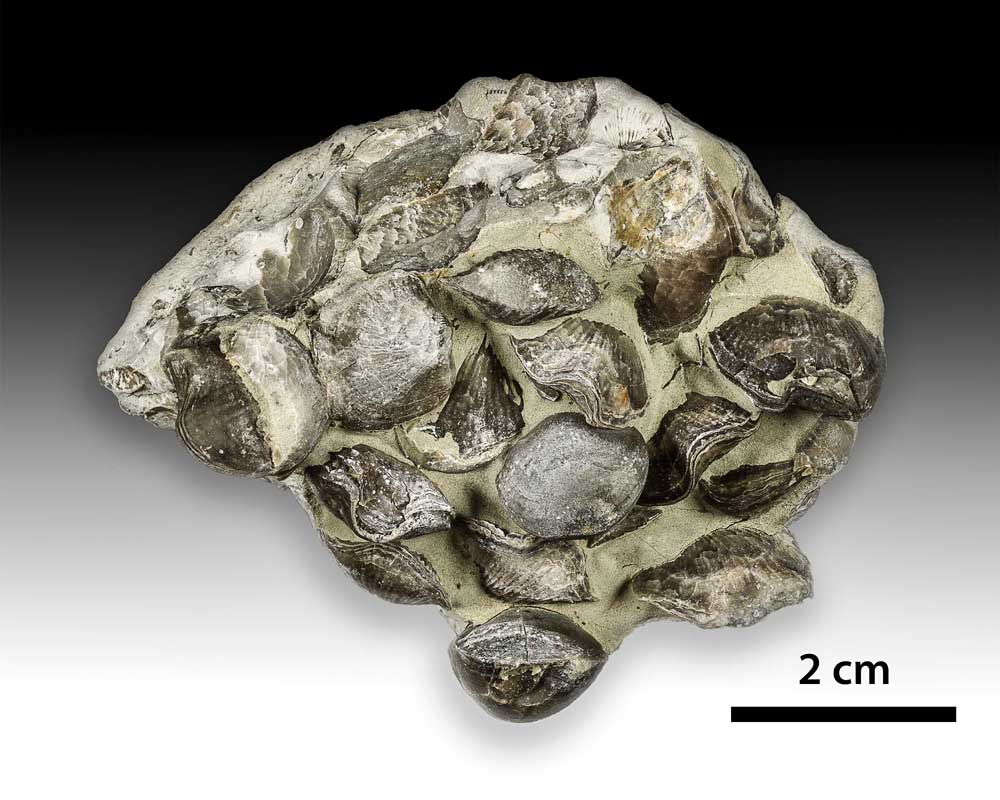Did you know that there were five big significant mass extinctions, known as the “big five” and at least three-quarters of all species in existence across the entire Earth faced extinction during a particular geological period of time? You probably know that the whole species of dinosaurs died in a mass extinction. But our concern is with the increasing rate of global warming and climate change, many researchers are suspecting that there will probably be a sixth mass extinction too.
Form long ago scientists are trying to find out the main causes behind Earth’s mass extinctions. Scientists had also tried to understand the environmental conditions that led to the elimination of the majority of species in the past and they believe that it will help them to prevent a similar event from occurring in the future.
An efficient group of scientists from Syracuse University’s Department of Earth and Environmental Sciences, Berkeley and the University of California, Université Bourgogne Franche-Comté, the University of Ottawa, the University of Science and Technology of China and Stanford University has jointly published a paper which has explained the ideas of Late Ordovician mass extinction or LOME.
What is LOME?
LOME is the first one of the “big five” that had happened 445 million years ago and nearly 80% of marine species that used to live in shallow oceans near continents has disappeared after LOME has taken place.
Scientists Alexandre Pohl and his fellow scientists has researched the ocean environment before, during, and after the extinction in order to determine how the extinction was brewed and triggered. Seth Finnegan, a mass extinction expert and associate professor at UC Berkeley has tried to paint a picture of the oceanic ecosystem during the Ordovician Period and commented that at that time seas were full of biodiversity.
Reasons behind LOME?
Dinosaurs and other species have died in the Cretaceous-Tertiary extinction event which has taken place 65.5 million years ago. The team of researchers has also integrated geochemical testing with numerical simulations and computer modelling to solve a debate about LOME that is if lack of oxygen in seawater has caused this extinction.
Zunli Lu, professor of Earth and environmental sciences at Syracuse University has taken measurements of iodine concentration in carbonate rocks from that period, contributing significant findings about oxygen levels at different ocean depths and he found out that the concentration of the element iodine in carbonate rocks serves as a point of reference for changes in the level of oceanic oxygen in Earth’s history.
But their experiments have collected no data that has indicated the lack of oxygen in the seawater. These manes that climate cooling during the Late Ordovician period is the main cause behind LOME. Though there are evidences in their research that anoxia in deep oceans expanded during that same time, as we can find in the comment of Pohl himself.
“Upper-ocean oxygenation in reaction to cooling was assumed, because atmospheric oxygen mostly gets mixed up with cold waters. However, we all were very surprised to see growing anoxia in the lower ocean since anoxia in Earth’s history is mainly related with volcanism generated global warming.”
Alexandre Pohl
Alexandre Pohl has also commented that ocean circulation is also a very significant element of the climatic system. Andy Ridgwell, professor at UC Riverside proved that climate cooling has likely altered ocean circulation pattern, halting the flow of oxygen-rich water in shallow seas to the deeper ocean.
Researchers are confident that changes in oxygenation is another reason for LOME which adds up to the data of temperature change being the killing mechanism for LOME. Though Researchers are hopeful that with better climate data and more sophisticated numerical models, they will explore robust factors behind the Late Ordovician mass extinction.

